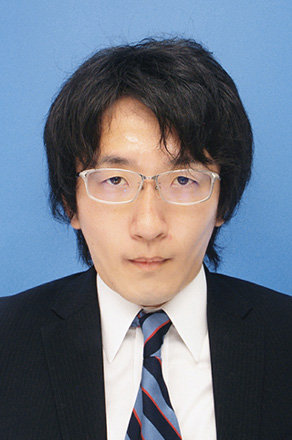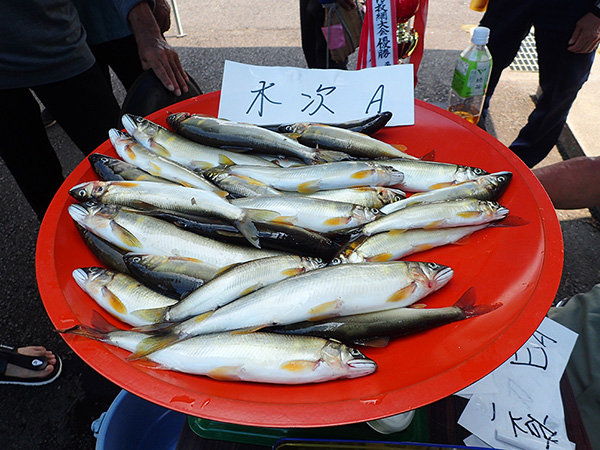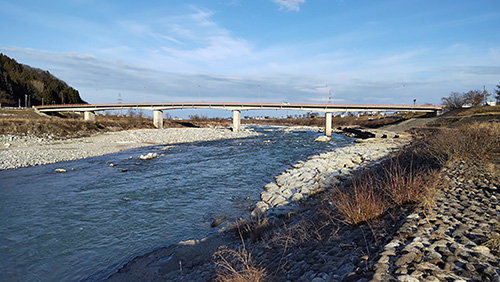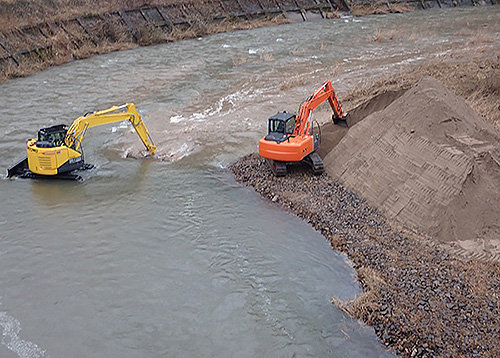
Decision-making for the sustainable coexistence between environment and society.
Laboratory on Mathematical Sciences for Environment
Associate Professor:YOSHIOKA Hidekazu
E-mail:
[Research areas]
Mathematical environmental sciences, Social systems engineering
[Keywords]
Sustainability, Resource management, Environmental management, Knowledge creation, Decision-making, Stochastic control, Mathematical Sciences
Skills and background we are looking for in prospective students
Skills and knowledge of applied mathematics are essentially important for both widening and deepening our/your research. Also important are the continuous self-improvement and ambition to find out hidden similarities among apparently different phenomena. We/you should recognize that “any research activity is a battle against time”. One can learn only limited things within a limited time.
What you can expect to learn in this laboratory
Mathematical skills and knowledge for the sustainable management of resources and environments, especially those concerning theories of optimal control and optimization; A variety of abilities for situational judgement in field activities.
Research outline
 Photo 1:The harvested fish P. altivelis, Hii River.
Photo 1:The harvested fish P. altivelis, Hii River. Photo 2:Near the Tsurugi hydrological observation station, Tedori River.
Photo 2:Near the Tsurugi hydrological observation station, Tedori River. Photo 3:The sediment replenishment to counteract against the sediment starvation at Hii River.
Photo 3:The sediment replenishment to counteract against the sediment starvation at Hii River.Sustainable coexistence between environment and society is a paramount challenge. Wise-use of biological resources (e.g., fishes and crops) and energy resources are especially important. Moreover, we need to deal with both the local and global trends towards the transition to a carbon free economy.
Based on these backgrounds, we are studying methodologies for the decision-making for the resource and environmental management. Our research is based on modern mathematical sciences, and we are trying to find innovative ideas that contribute to both theory and application for the managerial issues.
The followings are recent research examples. In any case, we are aiming at interdisciplinary research. Our study sites include Tedori River in Ishikawa Prefecture and Hii River in Shimane Prefecture.
Resource management of Ayu Sweetfish
Ayu (Plecoglossus altivelis altivelis) is a major inland fishery resource in Japan having the unique one-year life cycle (Photo 1). The catch of the fish has been decreasing since 1990’s in Japan, while inland fishery cooperatives managing them are facing the critical downsizing as well as aging. To break through this difficult situation, we need to efficiently collect the necessary information and then exploit the cost-effective policy for the resource management: knowledge creation from the data. In this research, we collect the real biological and ecological data of the fish P. altivelis, formalize them, and then derive the “optimal” management policy based on the control theory.
Mathematical modeling of aquatic environments
Aquatic environments such as rivers and lakes serve as habitats of many species (Photo 2). The growth and collapse of these aquatic species depend on the water environmental dynamics, namely both quantity and quality of water. Furthermore, human activities involving water resources management for hydropower generation, agriculture, and industries are interacting with aquatic environments with each other. We study the mathematics for properly and efficiently describing the water environmental dynamics without heavily relying on the conventional hydrological and hydraulics theories. Examples include the application of the infinite-dimensional stochastic differential equations, the novel mathematical tool employed in economics and insurance, to the streamflow discharge. Surprisingly, they serve well despite originating from apparently different phenomena with each other.
Decision-making under risk and uncertainty
This research is related to the researches (1) and (2) explained above. Resource and environmental management always faces the risk as unfavorable events and the uncertainty due to the poor data availability. We study the decision-making system to consistently resolve the risk and uncertainty from both theoretical and application sides. The mathematical sciences play a key role in this research as well. For example, risk measures under uncertainty can be understood from the standpoint of Orlicz spaces: spaces of functions equipped with rich mathematical structures. Construction of convergent numerical algorithms for the risk measures is also an important topic. From an application side, the control of risk measure will be a pivotal topic for the green and sustainable development, including but are not limited to hydropower generation and environmental restoration projects to overcome the sediment starvation (Photo 3), and the environmental monitoring in general.
Key publications
- Yoshioka H. and Yoshioka Y.: Assessing fluctuations of long-memory water environmental indicators based on the robustified dynamic Orlicz risk, Chaos, Solitons & Fractals, Vol. 180, 114336, March 2024. https://doi.org/10.1016/j.chaos.2023.114336”
- Yoshioka H., Tanaka T., and Aranishi F.: Limit equations of the adaptive Erlangization with their application to environmental management, Computers & Mathematics with Applications, Vol. 146, No. 9, September 2023, pp. 271-293. https://doi.org/10.1016/j.camwa.2023.07.003
- Yoshioka H., Tsujimura M., Hamagami K., and Tomobe H.: Time-average stochastic control based on a singular local Lévy model for environmental project planning under habit formation, Mathematical Methods in the Applied Sciences, Vol. 46, No. 9, June 2023, pp. 10572-10601. https://doi.org/10.1002/mma.9140.
Teaching policy
Research topic will be determined through a discussion between the student and staff. We may prepare a variety of research topics, ranging from mathematical modelling, numerical computation, to field surveys at some river, lake, dam-reservoir system, or farmland. We often need to find out the mathematical structure hidden behind the limited data; the same real-life data cannot be obtained never again. Both students and the staff will have presentations at the seminar to share mathematical methodologies to deepen their research topics with each other.
[Website] URL : https://www.facebook.com/profile.php?id=100057653101504